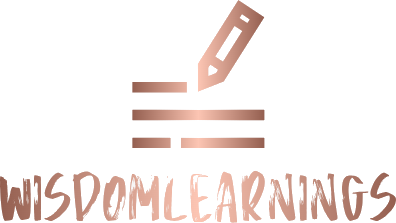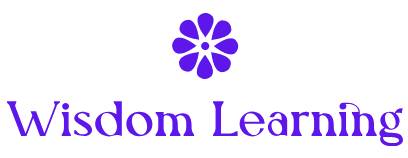Education is a cornerstone of individual and societal development, serving as the primary mechanism through which knowledge, skills, and values are imparted to future generations. Its influence extends beyond academic achievement, playing a crucial role in shaping the character, abilities, and potential of young people. This article explores the multifaceted role of education in shaping future generations, focusing on its impact on personal development, social cohesion, economic growth, and innovation.
1. Personal Development and Empowerment
At its core, education is instrumental in personal development. It provides individuals with the tools and knowledge necessary for personal growth and self-improvement. Through a structured curriculum, students acquire critical thinking skills, problem-solving abilities, and a broad understanding of various subjects. This foundation fosters intellectual curiosity and encourages lifelong learning.
Education also plays a pivotal role in developing essential life skills, including communication, collaboration, and emotional intelligence. These skills are crucial for navigating complex social and professional environments. By fostering self-confidence and self-efficacy, education empowers individuals to pursue their goals, make informed decisions, and contribute positively to society.

2. Social Cohesion and Civic Engagement
Education is fundamental in promoting social cohesion and fostering a sense of community. Schools and educational institutions are not just places of learning but also environments where social interactions occur and diverse groups of individuals come together. Through education, students learn about cultural diversity, historical contexts, and social responsibilities.
Civic education, in particular, helps students understand their roles and responsibilities as members of society. It encourages active participation in democratic processes and instills values such as tolerance, respect, and empathy. By promoting awareness of social issues and encouraging civic engagement, education helps build informed and responsible citizens who contribute to the well-being of their communities.
3. Economic Growth and Workforce Development
Education is a key driver of economic growth and development. A well-educated workforce is essential for the advancement of industries, innovation, and overall economic prosperity. Education equips individuals with specialized skills and knowledge that are vital for various professions and industries. This, in turn, enhances productivity and fosters economic competitiveness.
Higher levels of education are often associated with higher earning potential and better employment opportunities. By investing in education, societies can reduce poverty and income inequality, creating a more equitable economic landscape. Additionally, education encourages entrepreneurship and innovation, leading to the development of new technologies, businesses, and economic opportunities.

4. Innovation and Technological Advancement
The role of education in driving innovation and technological advancement cannot be overstated. Educational institutions serve as hubs of research and development, where new ideas and discoveries are cultivated. Through advanced studies and specialized training, individuals are equipped to contribute to technological advancements and scientific progress.
Education in science, technology, engineering, and mathematics (STEM) fields, in particular, is crucial for addressing global challenges and driving technological innovation. By fostering a culture of curiosity and experimentation, education encourages students to explore emerging fields and contribute to solving complex problems.
5. Bridging Gaps and Promoting Equality
Education plays a significant role in bridging social and economic gaps. Access to quality education provides opportunities for individuals from diverse backgrounds to improve their circumstances and achieve upward mobility. Educational programs that focus on inclusivity and equity ensure that all students, regardless of their socio-economic status, have access to the resources and support they need to succeed.
Efforts to promote educational equity include initiatives such as scholarships, affirmative action, and community support programs. By addressing disparities in educational access and quality, societies can work towards creating a more just and equal world where everyone has the opportunity to thrive.

6. Health and Well-being
Education also has a profound impact on health and well-being. Studies have shown that individuals with higher levels of education tend to have better health outcomes and longer life expectancies. Education provides individuals with knowledge about healthy behaviors, access to health resources, and the ability to make informed health decisions.
Moreover, educational environments that promote mental health awareness and provide support services contribute to the overall well-being of students. By addressing both physical and mental health needs, education supports the holistic development of young people and prepares them for a balanced and fulfilling life.
7. Lifelong Learning and Adaptability
In a rapidly changing world, the ability to adapt and continue learning throughout life is essential. Education fosters a mindset of lifelong learning, encouraging individuals to seek out new knowledge and skills beyond formal schooling. This adaptability is crucial for navigating career changes, technological advancements, and evolving societal needs.
Educational institutions play a role in promoting lifelong learning by offering continuing education programs, professional development opportunities, and access to resources for personal growth. By instilling a passion for learning and a willingness to embrace change, education prepares individuals for ongoing success and fulfillment.
Conclusion
The role of education in shaping future generations is profound and far-reaching. From personal development and social cohesion to economic growth and innovation, education is a driving force behind individual and societal progress. By providing knowledge, fostering skills, and promoting values, education empowers young people to navigate the complexities of the modern world and contribute positively to their communities. As we look to the future, investing in education remains a vital endeavor, ensuring that future generations are equipped to address challenges, seize opportunities, and build a better world.


